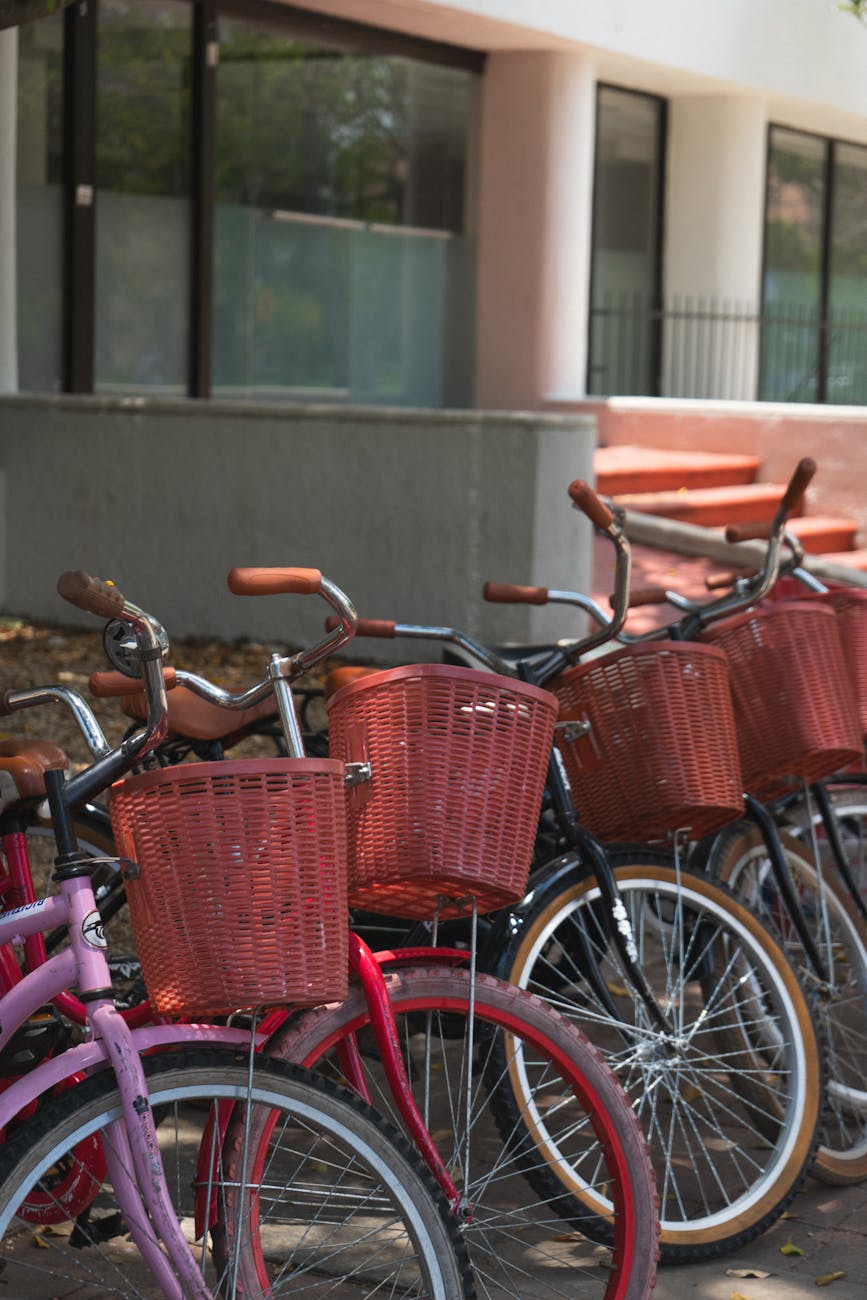
We promote a flexible, professional and sustainable approach to accommodation that responds to new ways of travelling, living and working, all the while adding value to society.
The absence of consistent regulation at a national level, coupled with varying local regulations, creates legal uncertainty for operators and administrations alike, hindering the responsible development of the sector.
One of StayAlliance’s main challenges is contributing to the creation of a fair legal framework that clearly differentiates between professional and informal activities, encourages investment, guarantees quality standards and responds to new urban uses and housing mobility needs.

There is often a tendency to generalise flexible housing as an unregulated activity, which damages its image and hinders its institutional recognition. However, this is a professional activity that generates employment, value, and housing solutions.
At StayAlliance, we are working to change this perception. Through data generation, institutional dialogue and communication, we aim to demonstrate how this model responds to the new reality of mobility (whether for labour, education or health reasons), complementing traditional tourism and contributing to the revitalisation of neighbourhoods and urban environments.


StayAlliance was created to provide solid, cohesive and professional representation for all stakeholders in the flexible accommodation ecosystem, including managers, owners, technology platforms, investors and service companies.
One of our main objectives is to establish a platform for coordination and collaboration, promoting best practices, traceability, operational excellence and environmental commitment. We aim to be the primary point of contact for administrations, the media and civil society, providing concrete proposals and objective data.

StayAlliance defends a housing model that adapts to social, labour and demographic changes that are transforming the way we live, work and travel. The rise of telecommuting, professional mobility, travel for health or educational purposes, and changing lifestyles require temporary housing solutions that the traditional market cannot always provide.
Our goal is to establish flexible housing as a legitimate and professionalised response to these new forms of demand within a clear regulatory framework that has a positive environmental impact.
